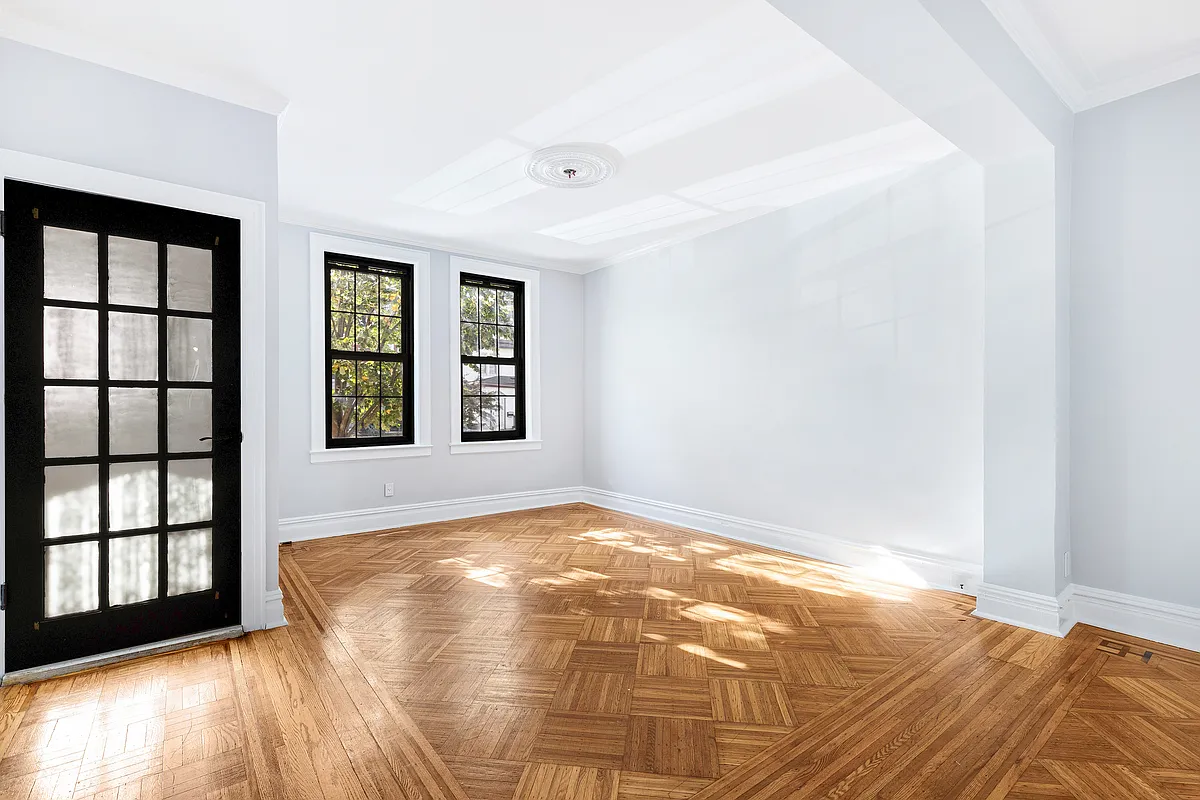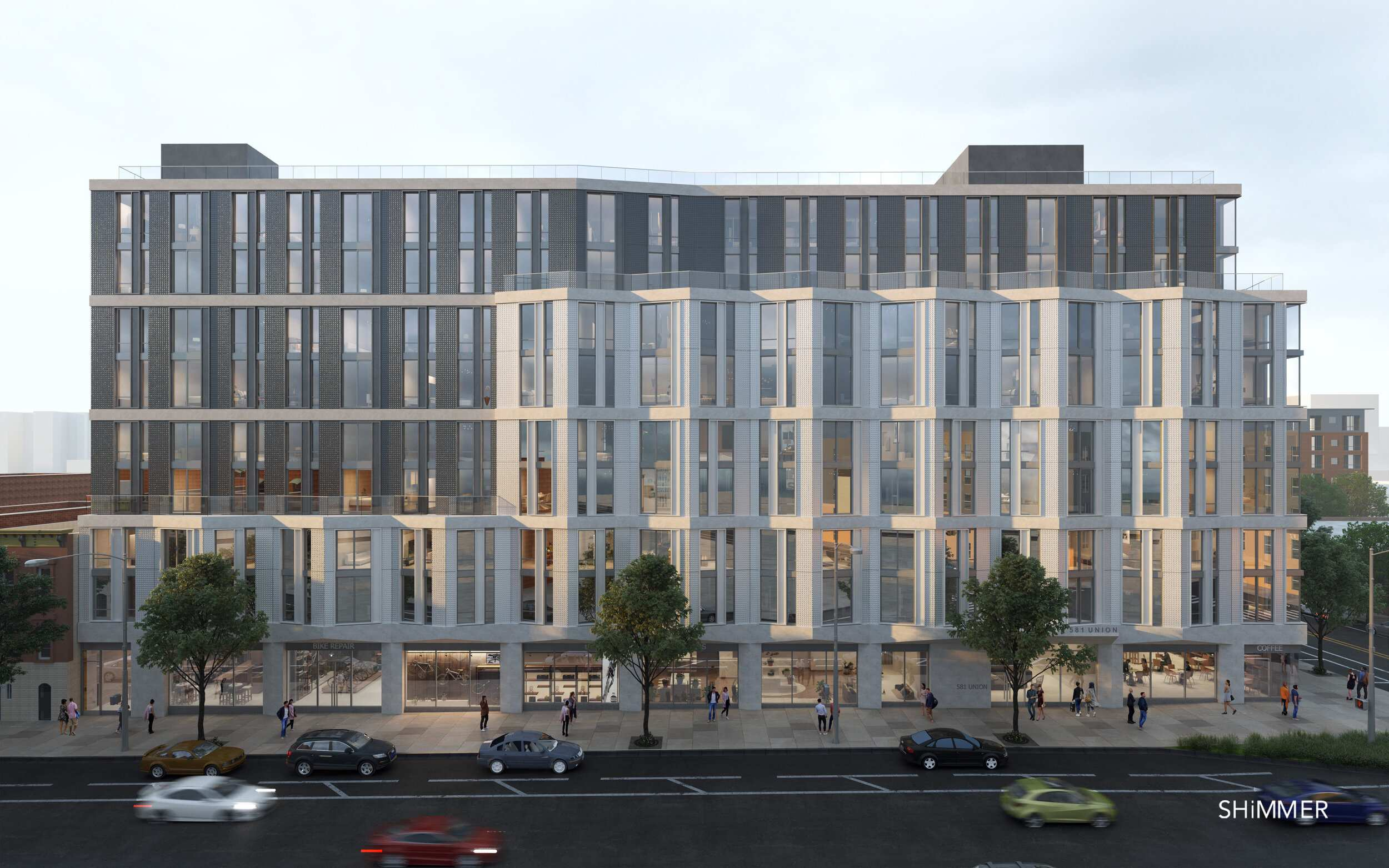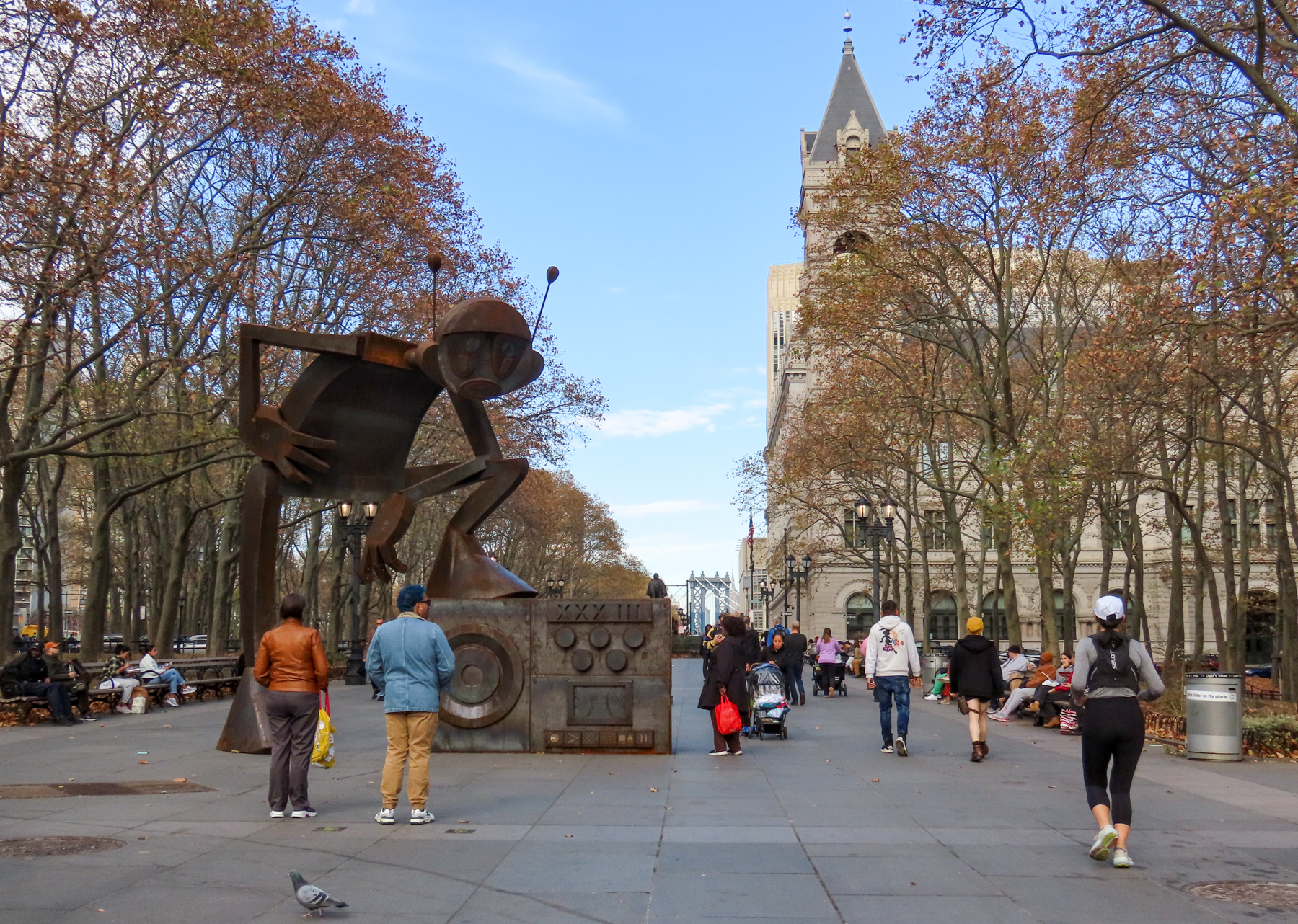Developer Rabsky, Community Clash on Affordable Housing at Rheingold in Bushwick
The developer behind a building at the Rheingold Brewery site in Bushwick is being accused of trying to back out of affordable housing promises that were made during the rezoning process, according to a report by DNAinfo. In a statement forwarded to us, the developer denied the claims. The planned seven story, 393-unit rental building at 10 Montieth Street,…


The developer behind a building at the Rheingold Brewery site in Bushwick is being accused of trying to back out of affordable housing promises that were made during the rezoning process, according to a report by DNAinfo. In a statement forwarded to us, the developer denied the claims.
The planned seven story, 393-unit rental building at 10 Montieth Street, developed by Rabsky Group and designed by ODA New York, will feature a 25,000-square foot green roof, according to the renderings released in March. According to DNAInfo, however, plans currently filed with the city show that affordable housing isn’t part of the plan.
In 2013, the City Planning Commission met to discuss the rezoning of the former site of the Rheingold Brewery in Bushwick. Developer Read Property Group had an ambitious plan to put up a 10-building complex across five city blocks. The mixed-use buildings would bring 977 new apartments to the neighborhood, 20 percent of them affordable housing. After negotiating that up to 30 percent, Councilwoman Diana Reyna and local housing advocates approved the rezoning.
When Rabsky Group bought the property at 10 Montieth Street, community leaders pushed for its head, developer Simon Dushinsky, to honor the commitment to 30 percent affordable housing. They say that Dushinsky has refused to meet with them.
“The community has the right to know what this developer’s plans are,” Brigette Blood of local group Rheingold Construction Committee told DNAinfo. “Read [Property Group] had numerous public forms. We have no idea what the new owner’s plans are on that site.”
Perhaps Rabsky’s under-the-radar way of conducting business fueled a misunderstanding. Dushinsky is known for staying out of the public eye.
A profile by The Real Deal paints him as an observant member of the Vizhnitz Hasidic community in Williamsburg, a family man with seven children who is not interested in publicity.
Last night, speaking to us through an intermediary, Dushinsky vehemently denied the accusations and promised to deliver affordable housing.
We received this official statement from Dushinsky’s office by way of close associate David Korn, president of Brooklyn real estate firm Fiddler Realty, which manages leasing for Rabsky:
After Simon Dushinsky himself met with the councilman and his staff in May, and after his office met with the various steering committees in June, we are appalled by the latest accusation from the article that we have no intention of building affordable housing. We have developed numerous projects in Brooklyn with affordable housing and have always lived up to our obligations and agreements. We have assured them that we will build affordable housing and we have every intention to do so. The project is privately funded and there is no affordable requirement, however from the get-go we had every intention to build affordable and we are committed to that. We are in the preliminary stages of the designing the project and will meet with the community as the project advances in the coming months.
Rheingold Brewery Coverage [Brownstoner]
Rendering by ODA









Why in the world would anyone, much less the City Planning Commission, take a developer at its word? There was nothing enforceable in writing between the parties – and the rezoning just sailed through? The only answer is that the City Planning Commission never took the developer’s promises seriously in the first place. Note that the developer’s response doesn’t state the percentage of affordable units now planned, and observes that “the project is privately funded and there is no affordable requirement.” So the developer itself apparently doesn’t consider its word to the City Planning Commission or the community to be a “requirement.” Who knows, maybe it’s acting in good faith. But if completely unenforceable promises are used as justification for rezoning, the community has no reason to expect they’ll be fulfilled. Maybe they’ll get lucky….but look what happened to Save the View. Its “agreement” with the developer regarding the height of the building was ruled unenforceable in court.